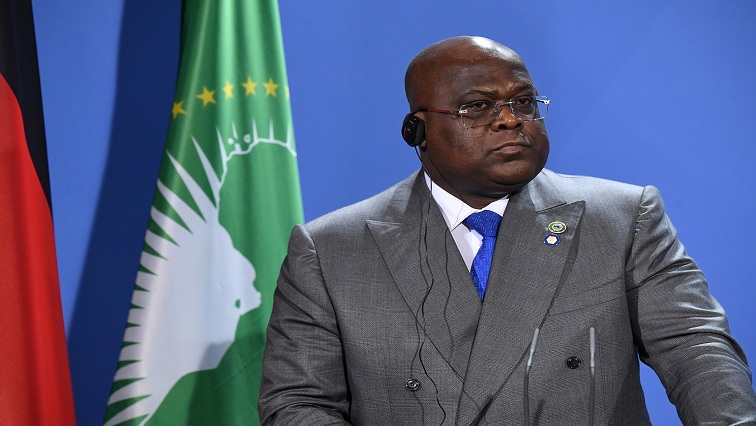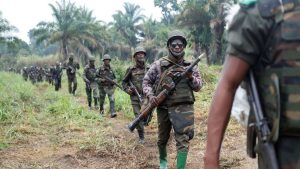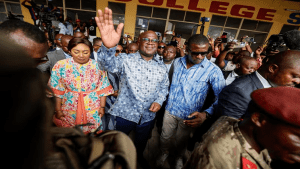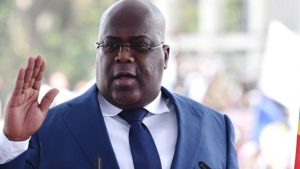The head of the United Nations Peacekeeping Mission in the Democratic Republic of Congo has called on the country’s government to ensure that democratic spaces are protected in the run-up to December’s general election.
The Secretary General’s Special Representative Bintou Keita was briefing the Security Council in New York days after President Felix Tshisekedi called for an expedited withdrawal of MONUSCO from the country while addressing the UN General Assembly last week.
Keita also pointed to persistent insecurity in the East of the country where armed groups, including the M23, the ADF and CODECO continue to terrorize the civilian population.
With concerns expressed by human rights groups that DRC authorities had targeted opposition party leaders, restricting their fundamental liberties while arresting party officials, the UN’s top person in the country has also highlighted the organisation’s concerns.
Listen to the Secretary General’s Special Representative to the DRC Bintou Keita.
“The rejection of all proposals from the opposition for political opposition forces and civil society to resolve the crisis of trust is nevertheless worrisome. Against this backdrop, it is important for the government to ensure that democratic spaces be protected, that freedom of expression and freedom of press be guaranteed and that human rights be respected. I note the significant improvement of the freedom of movement of opposition leaders throughout the country over the last two months and the commitment by the authorities to ensure their security. This stance must be maintained throughout the process.”
And amid calls from the DRC leadership for the expedited withdrawal of the mission from the country, broad consensus here that it must be done in a gradual and responsible manner.
The latest Secretary General’s report address a revised transition plan by pointing to key benchmarks that must be met before Mission’s responsible withdrawal — namely the protection of civilians; disarmament, demobilisation, reintegration and stabilisation of ex-combatants; security sector reform; and the holding of elections — with a transition hinging on the transfer of the mission’s core responsibilities to the Congolese state.
“With this request in mind, I call on the Council to express itself clearly on the recommendations set out in the second August Report of the Secretary-General on the future of MONUSCO. On 15 September, the Congolese authorities endorsed the revised Transition Plan for MONUSCO. This is an important step towards accelerating the departure of the mission, while ensuring that the process is conducted in a gradual and responsible manner.”, adds Keita.
Keita also pointed to a volatile situation in three eastern provinces — North Kivu, Ituri and South Kivu that fuel a dramatic humanitarian emergency where some 6 million people remain internally displaced. While gender-based violence remains a horrific reminder of the plight women and girls continue to face.
“More than 10 000 survivors of gender based violence sought assistance in North Kivu, South Kivu and in Ituri in the months of June and July alone. In addition to these official figures, there are many other individuals who are unable to reach treatment centers. In response to the acute risk of sexual violence in displacement sites, the mission increase is joint patrol with the Congolese armed forces. The Congolese authorities have, for their part, closed numerous brothels in North Kivu. These efforts need to be sustained and intensified to protect women and girls from conflict fueled abuse.”
The Secretary General’s latest report is clear — that the mission’s withdrawal required the concomitant establishment of an effective presence of State security and rule of law entities throughout the country, cautioning that the reforms the Government needed to undertake would require political will and strong leadership as well as generous financial and technical assistance from international partners.
And with a critical election looming this December, a process and outcome that is likely to impact the current political and security dynamics in the country.






